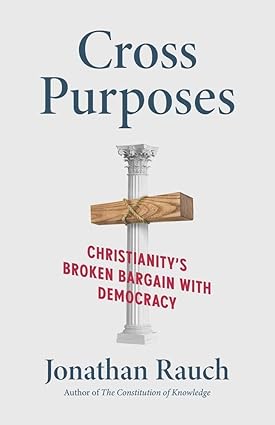
Religion—meaning, in practice, Christianity—has an essential role to play in upholding liberal democracy in the United States, in the view of US author Jonathan Rauch, propounded in his latest book, Cross Purposes: Christianity’s Broken Bargain with Democracy. He confuses the fact that most US political leaders have, from the republic’s outset, been personally religious, with a cause-and-effect relationship—an elementary kind of mistake. One might as well feel that since all have been white males, it is necessary for US liberal democracy that all its leaders be white males. Or that, since there is among the US citizenry, however republican (with a small ar) their political system, a persistent strong fixation with royal personages, particularly of the British variety, this repeatedly manifested enthrallment is likewise an essential ingredient. Or again, that since the Italian Mafia has for so long been part of the US scene—to the extent of even going hand-in-hand with the government during World War II, for the success of the military landing in Sicily—then the Mob, too… but you get the idea.
Rauch might argue that his thesis is more nuanced than those extreme comparisons suggest, yet in actual fact that is what it boils down to.
Then the author states that in recent years Christianity has for a number of reasons strayed from that role of underpinning the US Constitution and what it stands for, so that it has instead become a burden. And further, that to re-effect the connection which he claims is necessary, the effort must come from both sides. Christianity must refocus on that goal—and liberal democracy must for its part make friendly overtures to religion. He is so fervent about this, he might as well be putting it to music like the plea in Oklahoma!, ‘The farmer and the cowman should be friends’. It would work well as a tune, though not conceptually, since in the case of the Broadway musical, the two parties in question really did need to work together. As for liberal democracy, a huge part of its success has been due precisely to its staying strictly away from religion, other than to ensure freedom of belief for those who choose to hang on to it.
Finally, Rauch produces an example of a devotional body that has done the requisite work from the religious side of his equation—the Mormon church. By actual page count, he allocates a full fifth of the book—a bit more, in fact—to extolling Mormonism in this regard. (Not in all others, since he remains critical of its and other religions’ policies on gay rights and other issues. Also, it must be acknowledged that one of the reasons for the length of that part of Cross Purposes is that Rauch keeps referring to Mormonism over and over by its prolonged ‘Latter-Day, etc.’ official name.)
Rauch, first raised as a Jew, was for a long time energetically atheistic. He still calls himself an atheist; what that means is that he does not believe in God or an eternal soul or such. On the other hand, that he believes religion’s self-satisfied claim that, all in all, it plays a beneficial role in history, is clear in his writing; the overall structure of the book is that of a mea culpa for having doubted it. And that he has become nostalgic about the feeling of belonging is palpably there between the lines. (Of course, he has every right to be selective in his disbelief, to convert, or anything else. You will find religions that murder ‘apostates’, but atheism does not.) So, don’t be surprised if one of these days you read that he has ended up joining the Mormons. Or that, in the time-honoured US mode, he has simply founded his own religion. When this happens, remember, you read it in the Freethinker first.
That, however, is anecdotally about him. Now, about substance.
The American Revolution was the most significant in human history since the beachhead of rationality with the Greeks; the US Founding Fathers did it before the French, and they did it more soundly. It was a double revolution, providing practical demonstration that there is no need for a nation to be lorded over by either royalty or otherworldly beings. Nevertheless, the Fathers themselves retained the conviction that people need to be religious privately, even as they carefully engineered a way to keep that religiosity outside the public sphere—count that conviction as one more among their beliefs. Rauch uncritically goes along with it: in fact, he endorses it here at book length.
For instance, he quotes John Adams’s warning about ‘human passions unbridled by morality and religion’. There are two things to note about that. Firstly, that the Fathers’ view of religion as essential in private life was comparable to their retention of slavery: something that they, so ahead of their times in crucial other respects, simply could not see their way beyond. At this point in time, if we do not follow them with regard to the one, we need not do so with the other. Secondly, and even more importantly by a long shot, there is something that also colours many of Rauch’s other standpoints. Even as an avowed (if possibly quondam) atheist, he does not perceive that ‘morality and religion’ are wrongly twinned.
This goes to the heart of the matter. To the extent that religion, in addition to its roles with regard to tranquillising fairy tales, to social control and so on, teaches morality, it pays lip service to it. Religion’s spectacularly gory history is the proof. Nobody would for a moment accept being lectured on morality by any other institution with a background like that.
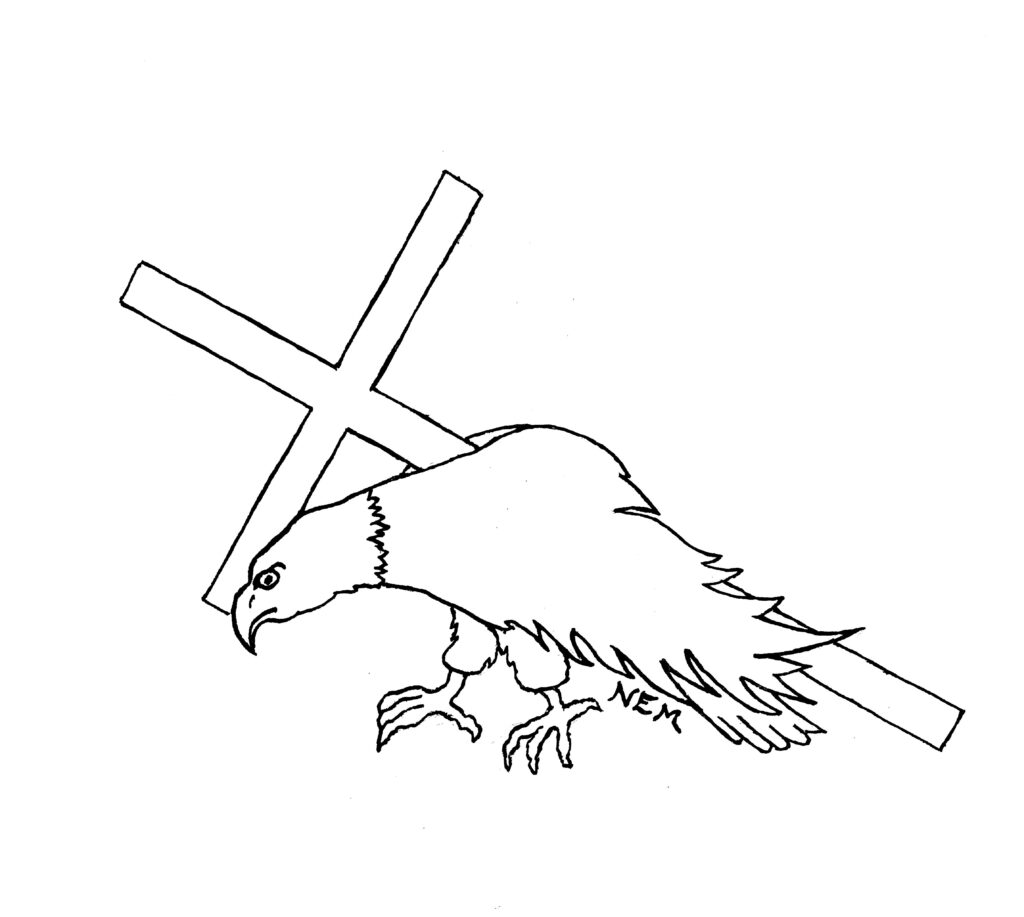
Not only that. Even supposing its moral teachings are to be heeded in spite of its own past, religion has never actually succeeded in improving general morality the way it believes it has. When did religion stop people from killing and stealing? It has merely added reasons for killing, from the murder of believers in something else, to the ‘sacrifice’ of even one’s own children to please, or appease, the gods. Of course, there are and have always been good people who don’t kill and steal; but it is more likely, given religion’s sorry record, that such people, being what they are, have abstained from evil on their own, without it.
The fact is that, to the extent that the world has improved ethically (say in areas such as slavery, equality between the genders, and other social matters), the improvements have been secular processes that in most cases were initially resisted, often brutally so, by religion. It has only accepted them, when it has (in gender equality, much of it still has not done so), grudgingly and late in the day.
In statement after statement, standpoint after standpoint, Rauch remains impervious to all this, taking religion’s façade to be the real thing—and believing that society can in no way do without it. In this way, ‘it is not enough to be tolerant or accepting of religion. We should be welcoming. We should even, perhaps, cherish religion.’ (His own emphases.) ‘… [P]aths… toward a Christlike civic theology… will… make Christianity more like itself.’ Woe betide us if ‘American Christianity is no longer able, or no longer willing, to perform the functions on which our constitutional order depends.’
In the real world, if indeed religion’s ‘communal functions are very hard to replace’, as the book says, what needs to be done is not to fall back on the make-believe support of fairy tales. It is to try even harder.
Much of the central part of the book, being mainly about problems besetting churches themselves, mean as little to an analysis of Rauch’s prescriptions as the slip of the pen of calling Benjamin Netanyahu Israel’s ‘president’. It is in the beginning and end sections that we find, for example, that the author complains that ‘liberal ideology… has drifted toward rigid church-state separation… [T]he [liberal] Warren and Burger courts instilled the idea that any mixing of government and religion is intolerable.’ But that’s precisely the fulcrum on which progress has been achieved. He is willing to undercut the First Amendment, which enshrines it, as grievously as the extremist evangelicals he rightly argues against.
In a typically scary episode, not mentioned in this book, Jeff Sessions, US attorney general in Donald Trump’s first presidency, when testifying before the Senate Intelligence Committee, said that he would ‘respond to questions as fully as the Lord enables me to do.’ Actually, he was under oath (ironically, a religious formula he of all people should be heedful of), and all he was required to do, under separation of church and state, was to say what he knew, keeping the Lord out of it. There will be much more of this kind of thing if Rauch gets his way.
Cross Purposes additionally espouses that ‘more students from secular backgrounds [be] exposed to comparative religion courses’. All right—it is good for people to learn things—but then, Rauch should by rights (not that it crosses his mind to do so) also promote courses for students from religious backgrounds to deepen the understanding and appreciation of secularism, what it has achieved, and what will be lost if backsliding is allowed to happen.
The United States stands among the countries where religion weighs heavily in public life. It goes beyond matters of governance; the US, Rauch notes, ‘has traditionally relied on religion for so much of its cultural and spiritual infrastructure.’ Quite so. But isn’t it time to grow up—or, to state it in terms the backsliders would better relate to, to put away childish things?
Related reading
Review: Jonathan Rauch, ‘Cross Purposes: Christianity’s Broken Bargain With Democracy’, by Patrick Seamus McGhee
A reading list against the ‘New Theism’ (and an offer to debate), by Daniel James Sharp


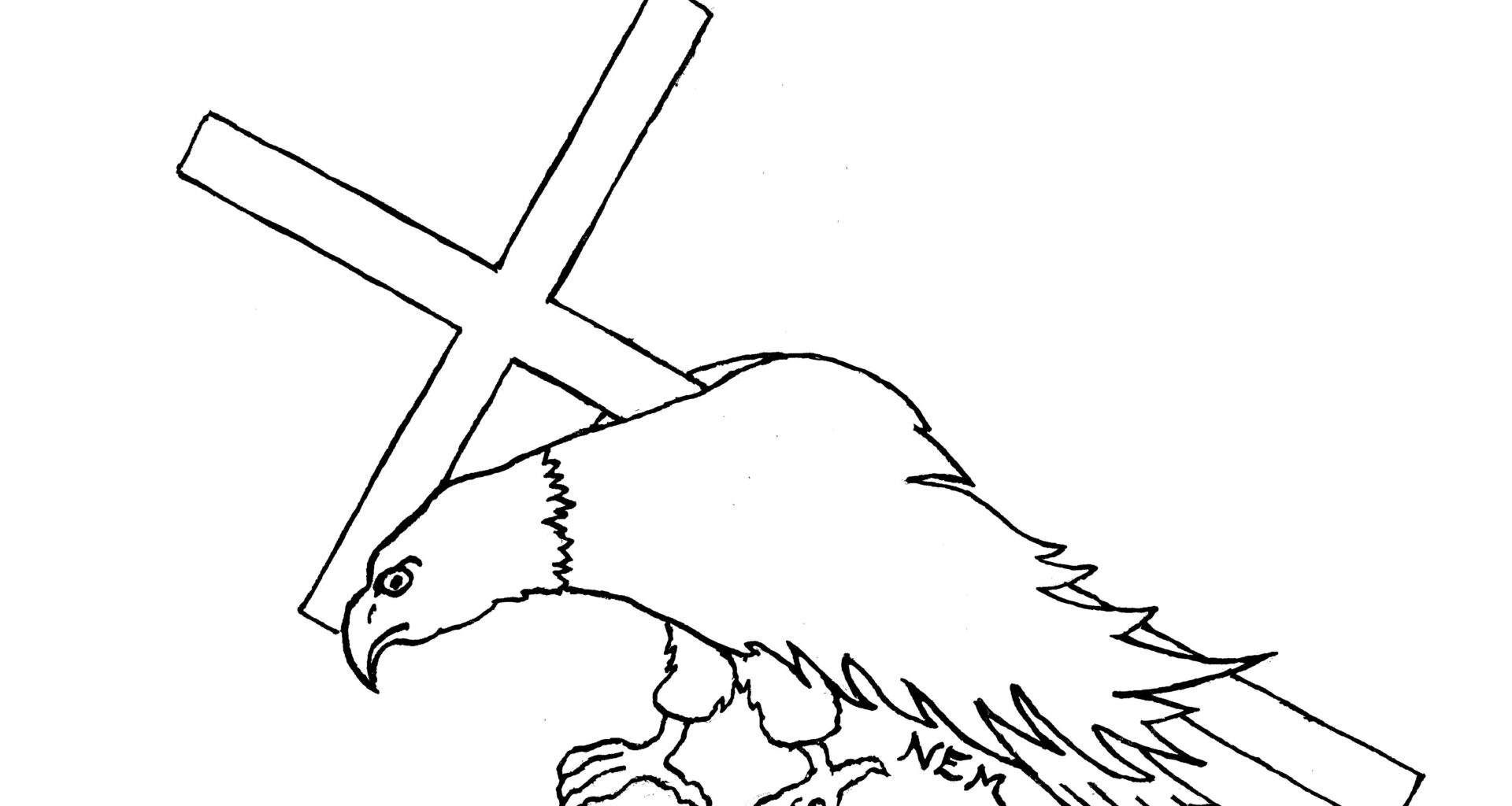

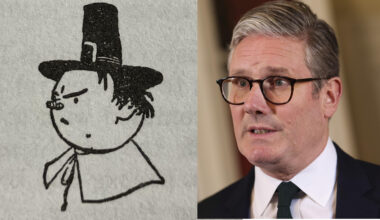
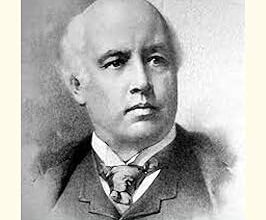
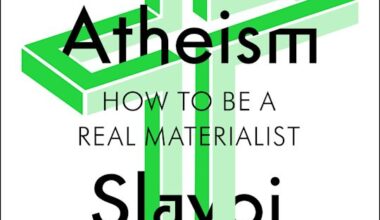
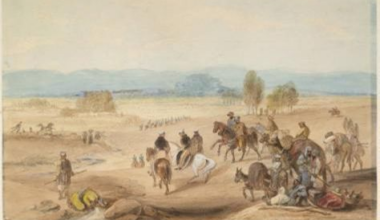
Your email address will not be published. Comments are subject to our Community Guidelines. Required fields are marked *
Donate